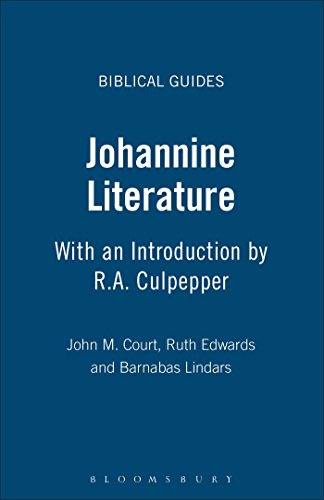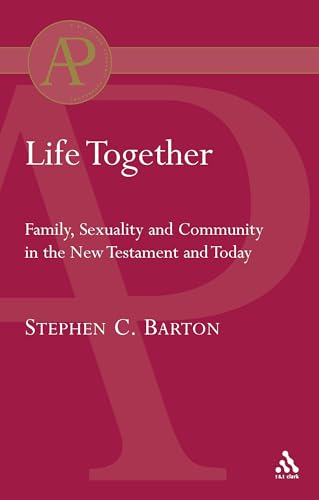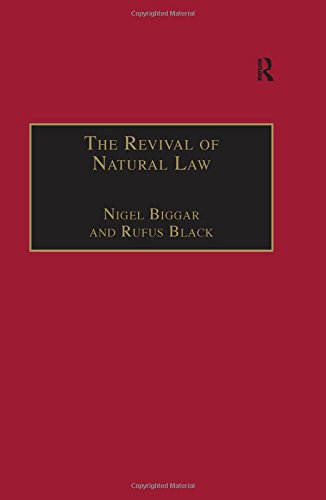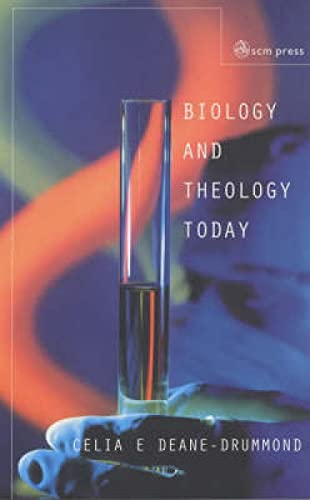Baptism and the Baptists, Theology and Practice in Twentieth-Century Britain
Written by Anthony R. Cross Reviewed By David KingdonIn this massively documented book—some chapters having over three hundred footnotes—Dr Cross sets out to ‘examine the breadth, depth and variety of the theology and practice of baptism as practised by twentieth century Baptists’ (454). He largely limits himself to ‘those Baptist churches in membership with the Baptist Union of Great Britain … the ministers serving those churches and those in membership with them’ (2). He conducts his examination within the context of the Ecumenical Movement on the ground that the twentieth century is distinctively the ecumenical century.
Dr Cross divides his study into three periods: 1900–1937, 1938–1966 and 1967–1999. In the first period the theological debate centred upon the twin issues of the mode and subjects of baptism. In the second, Baptists began to respond to the discussion of baptism initiated by Emil Brunner and Karl Barth. Here the works of Alec Gilmore and George Beasley-Murray are important, both of whom espoused a much more ‘sacramental’ view of baptism than was usual among British Baptists. In the last period, ‘which has witnessed unprecedented developments within the domestic ecumenical scene’ (4) Dr Cross surveys such varied responses as shared buildings and an inclusive membership in which both infant and believers’ baptism are recognised.
At the end of his massive study Dr Cross comes to the conclusion that ‘there is no single Baptist theology or practice of baptism, only theologies and practices’ (455). He sees this as resulting from ‘Baptist ecclesiology which continues to tend towards independency, each local church and individual minister exerting their liberty in the administration and interpretation of Christ’s laws’ (455)—a dubious conclusion, as witness the diversity over baptism within the episcopal Church of England.
The great strength of this book is that the author has not confined himself to examining the views of Baptist scholars and theologically trained ministers. He draws extensively upon articles and letters published in the Baptist Times and upon popular books and pamphlets. Thus he shows that at the grass-roots many Baptists have not followed the much more sacramental approach to baptism advocated by their leading scholars. And the extensive documentation that he has provided, which often includes discussion within footnotes, will make Dr Cross’s book a most valuable tool for students of the subject and the period.
I am, however, left with some criticisms. First, in confining his research to churches and ministers within the Baptist Union of Great Britain Dr Cross effectively overlooks the two co-operating Unions of churches in Scotland and Wales, and the non-cooperating Association of Baptist Churches in Ireland. One effect of this decision is to underestimate the numbers of closed membership churches in Wales, and also the fact that a ‘sacramental’ view of baptism has a long and continuing history in the Principality. He also hardly notices the Strict Baptists and the growing number of Reformed Baptist churches outside of the Baptist Union. He misses altogether the significance of the republication of the 1689 Baptist Confession in the late fifties and subsequently.
Second, Dr Cross ignores the important strand of Baptist apologetic that runs from Thomas Patient in the seventeenth century, Abraham Booth in the eighteenth, and C.H. Spurgeon in the nineteenth, and to which I made a modest contribution in my Children of Abraham (1973). This apologetic argues covenant theology to a Baptist conclusion and, judging by the fire that continues to be directed against it from paedobaptist writers, is still of importance in the continuing debate with Presbyterians in Scotland and Ireland, and to a lesser extent with Anglican evangelicals.
David Kingdon
Cardiff







